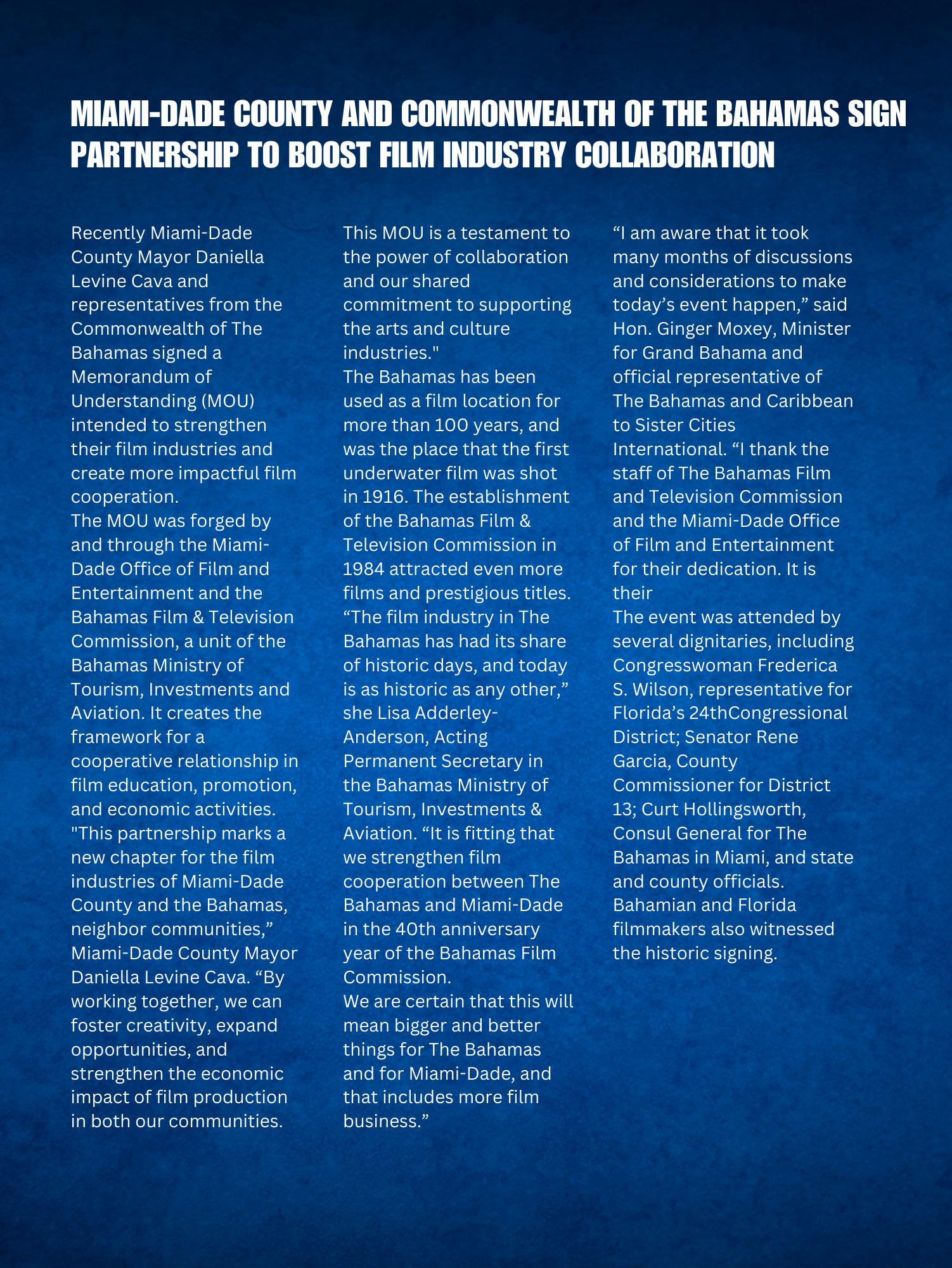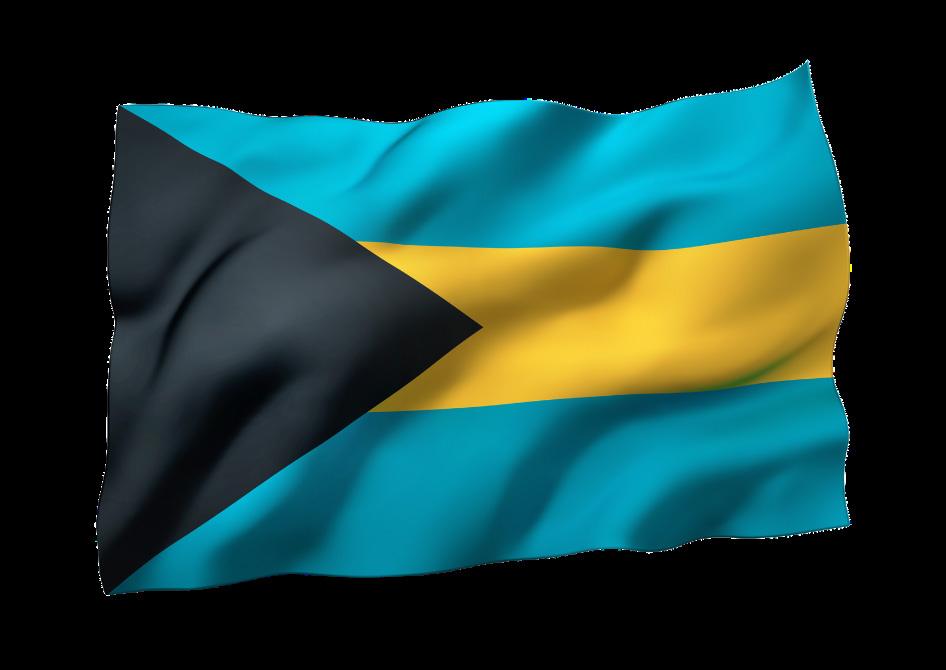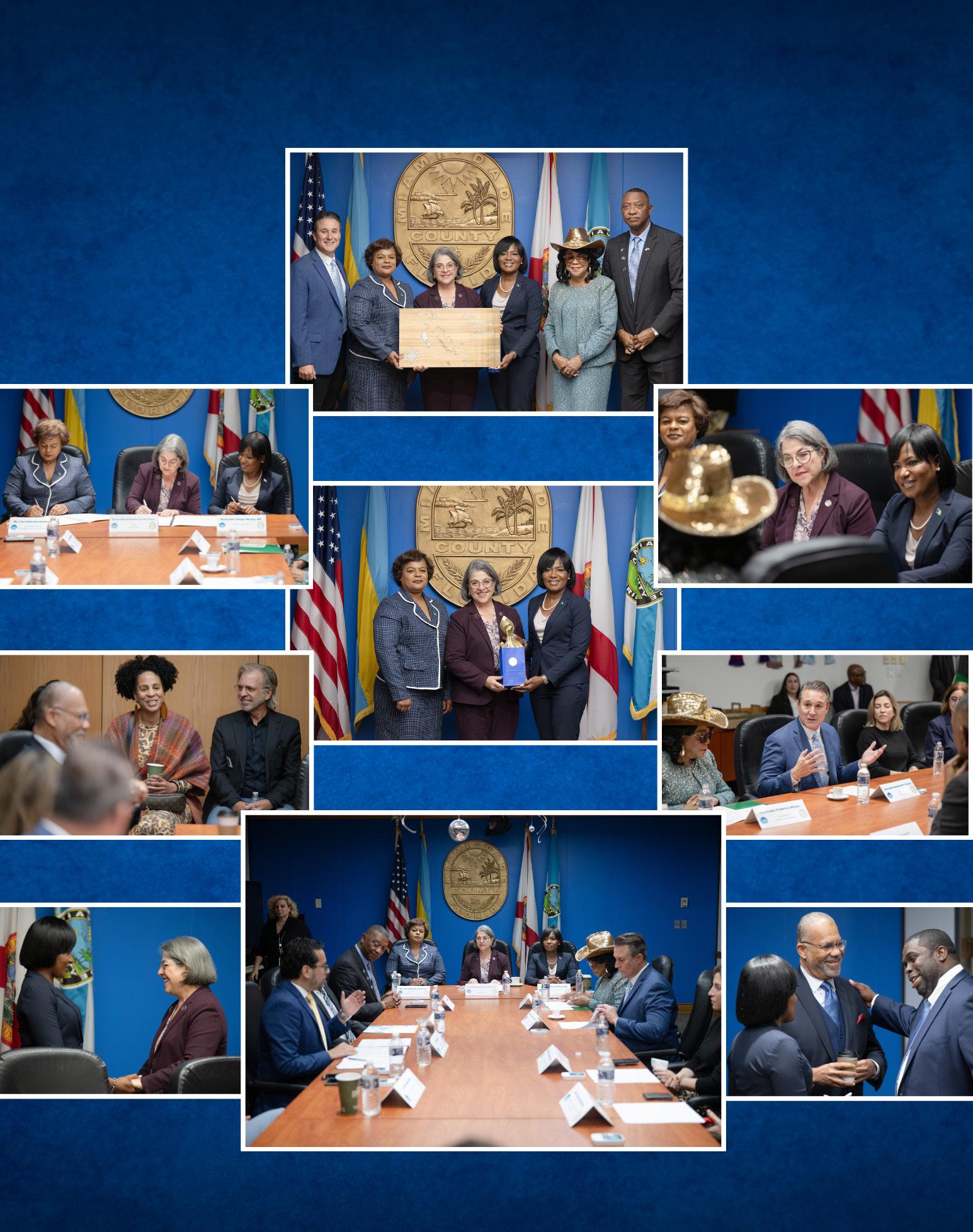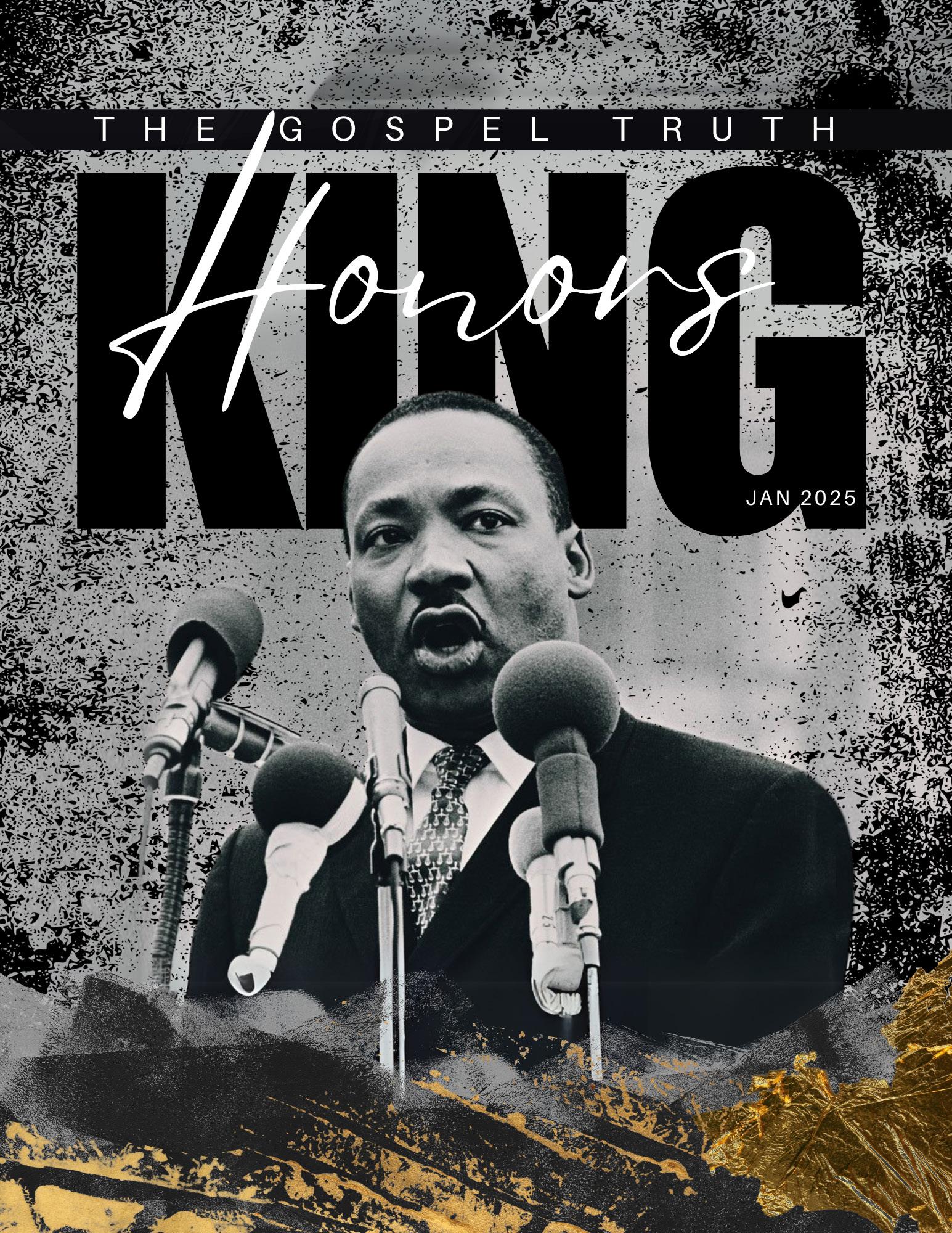




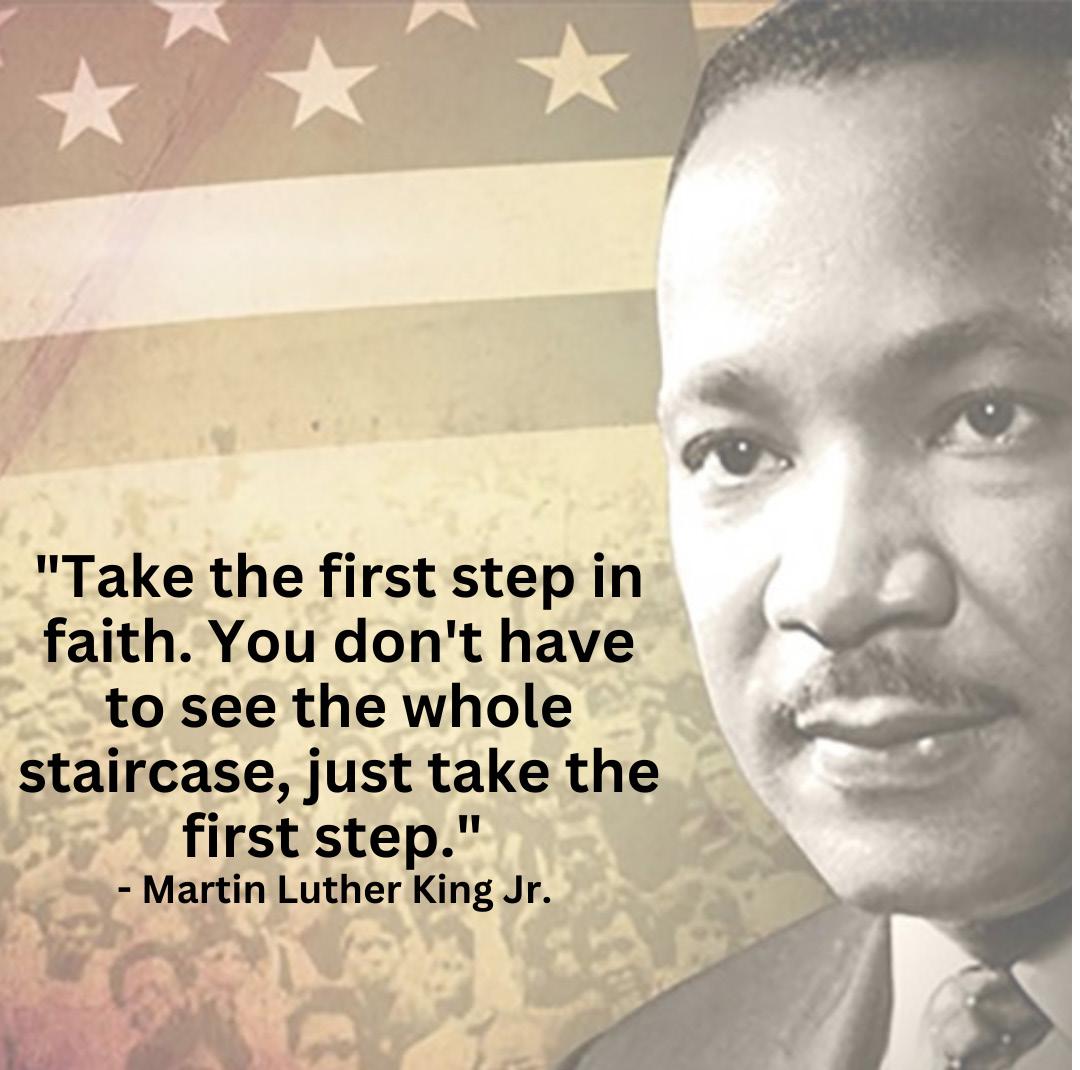

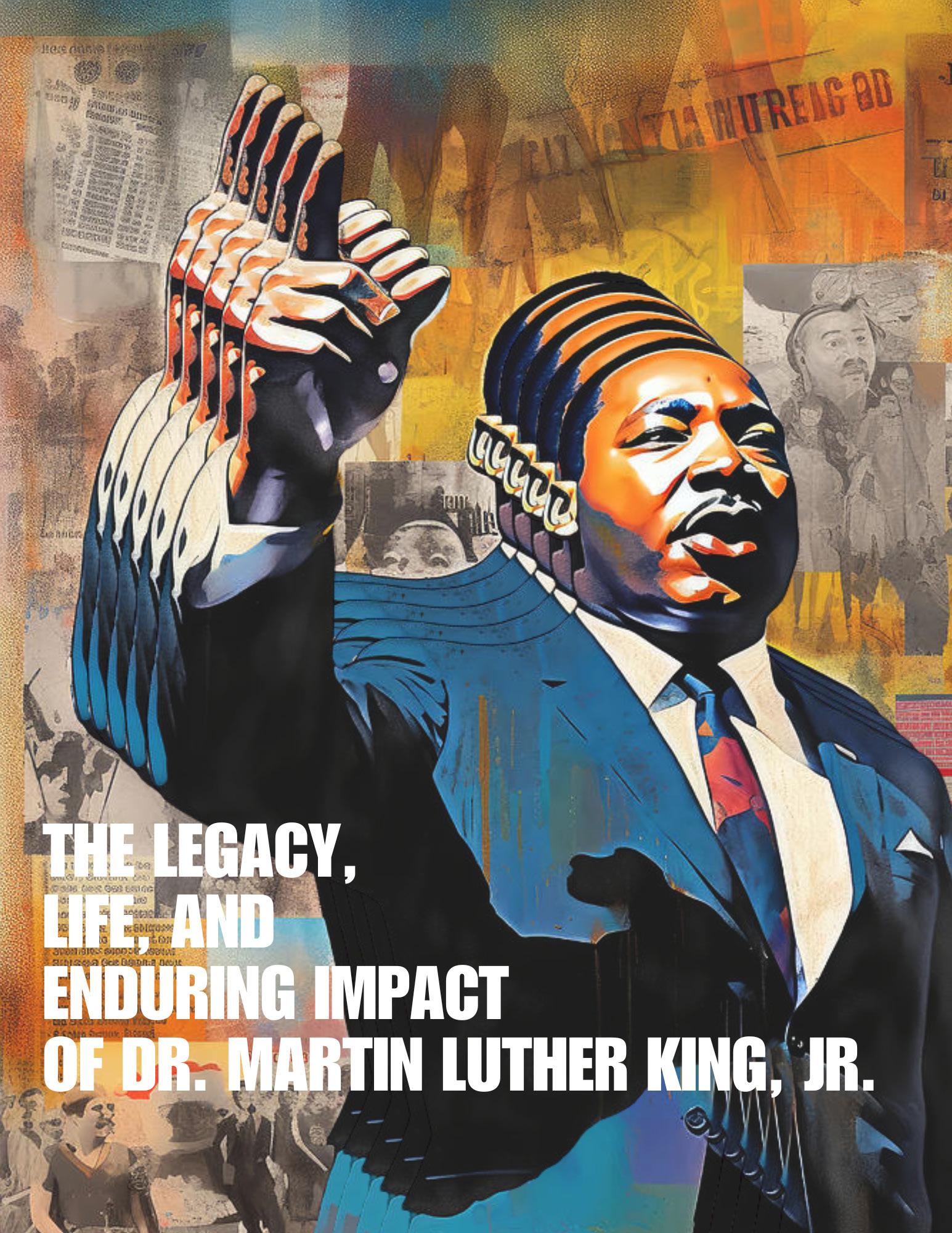

Dr. Martin Luther King, Jr. remains one of the most revered figures in modern history, celebrated for his unwavering commitment to justice, equality, and nonviolent resistance. Born on January 15, 1929, in Atlanta, Georgia, Dr. King dedicated his life to fighting racial discrimination and social injustice, becoming a symbol of hope and change for millions. His legacy endures, inspiring generations to strive for a more equitable and compassionate world.
A Life of Purpose and Leadership
From a young age, Dr. King was deeply influenced by the teachings of his father, a Baptist minister, and by the ideals of faith, dignity, and justice. He pursued higher education with fervor, eventually earning a doctorate in theology from Boston University. Equipped with a profound understanding of moral philosophy and a deep spiritual foundation, Dr. King emerged as a leader of the civil rights movement in the 1950s.
Dr. King’s leadership was characterized by his commitment to nonviolent protest, inspired by the teachings of Mahatma Gandhi. In 1955, he gained national attention when he led the Montgomery Bus Boycott following Rosa Parks’ arrest for refusing to give up her seat to a white passenger. This peaceful protest lasted over a year and resulted in the U.S. Supreme Court ruling that segregation on public buses was unconstitutional. This victory was just the beginning of Dr. King’s relentless fight for civil rights.
Impact on the Civil Rights Movement
Throughout the 1960s, Dr. King continued to lead numerous demonstrations and campaigns, advocating for the desegregation of schools, voting rights, and economic justice for African Americans. His most notable moment came on August 28, 1963, when he delivered his iconic “I Have a Dream” speech during the March on Washington for Jobs and Freedom. Speaking to a crowd of over 250,000 people, Dr. King envisioned a world where people would be judged by the content of their character, not the color of their skin. His words resonated globally, cementing his place in history as a
Dr. King’s efforts were instrumental in the passage of landmark legislation, including the Civil Rights Act of 1964 and the Voting Rights Act of 1965, which outlawed racial segregation and discriminatory voting practices. His influence extended beyond the United States, inspiring movements for justice and equality around the world.
A Legacy That Inspires Action
Tragically, Dr. King’s life was cut short when he was assassinated on April 4, 1968, in Memphis, Tennessee. Though his physical presence was lost, his vision and ideals remain alive, urging us to continue the work he began. Dr. King’s legacy challenges us to examine our own lives and ask: What can we do to make the world more equitable?
Being inspired by Dr. King means recognizing that while we may not lead national movements, we can each play a vital role in creating a just society. Whether by standing up against discrimination, advocating for marginalized communities, or simply fostering empathy in our daily interactions, we honor his memory by taking action. Dr. King believed in the power of collective effort, reminding us that “Injustice anywhere is a threat to justice everywhere.”
Our Part in Building a Better World
The fight for equality and justice is far from over. Economic disparities, racial prejudices, and social inequalities still plague our world. Dr. King’s life reminds us that change is possible when individuals come together with courage, compassion, and determination. His enduring message calls on each of us to do our part—no matter how small—in building a world where justice, fairness, and love prevail.
As we reflect on Dr. Martin Luther King, Jr.’s legacy, let us be inspired not only by his achievements but by the vision he left behind: a world united in peace, dignity, and equality. We are his living legacy, and it is our responsibility to carry forward his dream.

